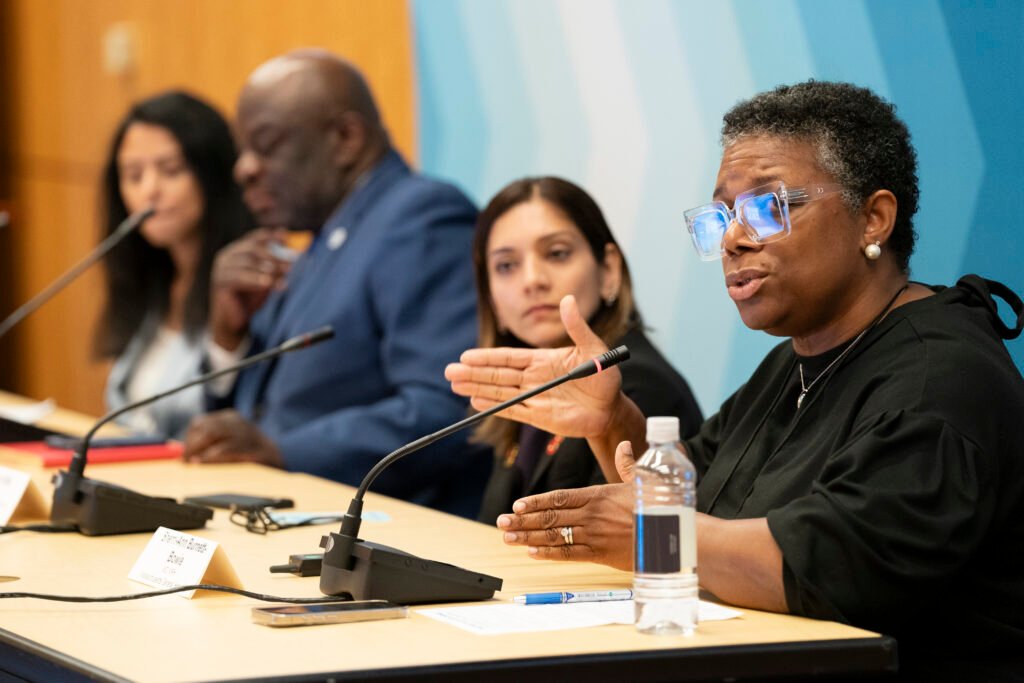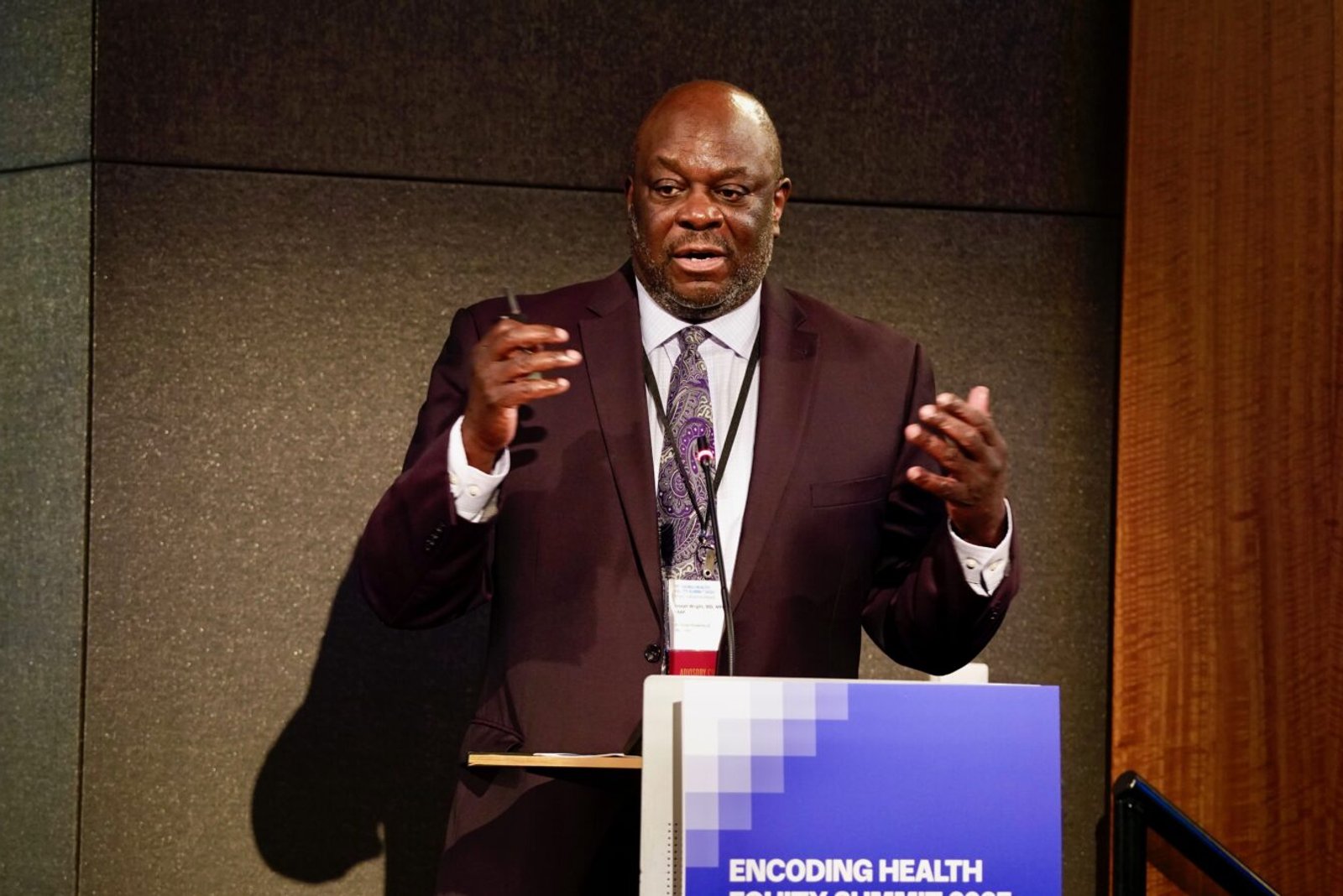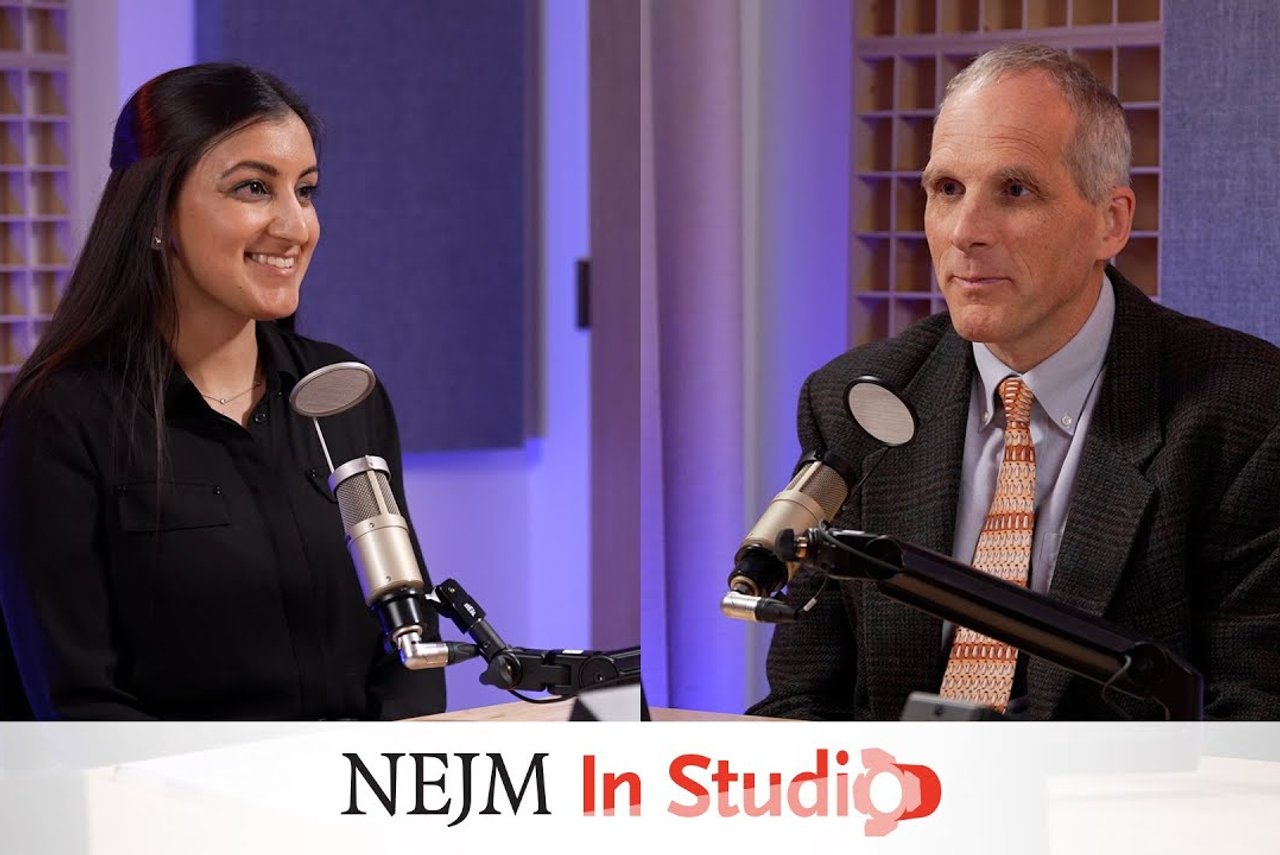How can we more rigorously consider race in clinical equations so that these algorithms no longer contribute to racial health disparities?
Mathematical algorithms have long guided medical decision-making, from diagnosis to treatment. Although widely used by clinicians and hospitals, these algorithms too often include race in an inaccurate way, potentially leading to patient harm.
Through study, partnership and dialogue—grounded in scientific rigor and empirical evidence—we’re illuminating the impact of these algorithms and supporting scientific research frameworks that can improve human health for all.
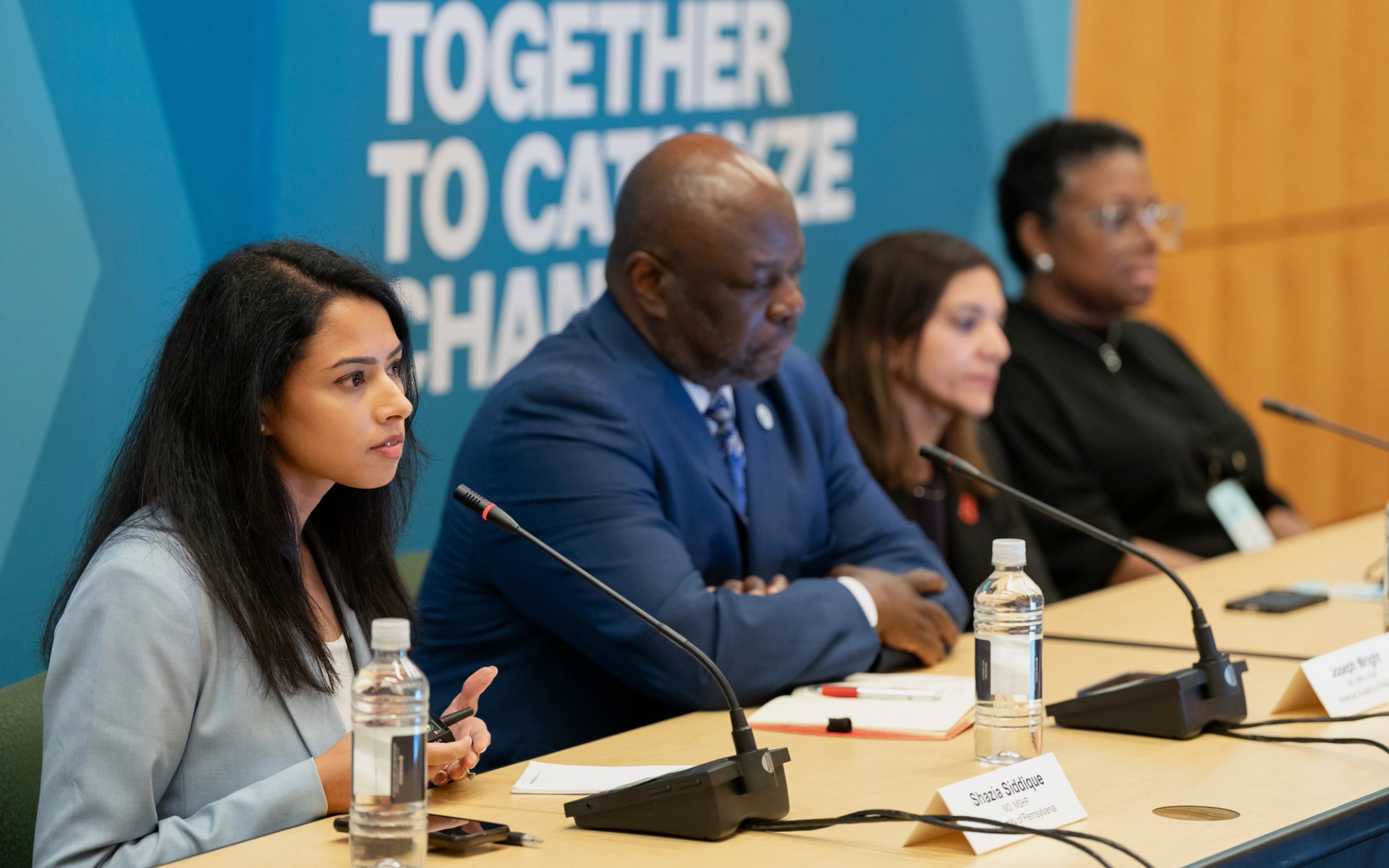
Encoding Equity in Clinical Research & Practice
This alliance, led by the Council of Medical Specialty Societies and supported by the Doris Duke Foundation, is driving change and raising awareness about race in clinical algorithms.
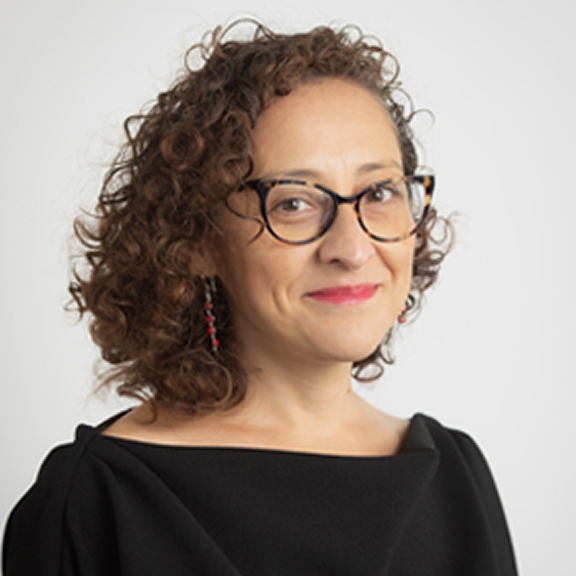
The decision-making tools that underlie patient care have all too often absorbed outdated thinking about race.”
Sindy Escobar Alvarez, Ph.D.
Program Director for Medical Research
Doris Duke Foundation
Explore More

Toward More Responsible Research
A new report published by the National Academies of Sciences, Engineering, and Medicine offers recommendations for whether, when and how to use race and ethnicity in biomedical research.
Read more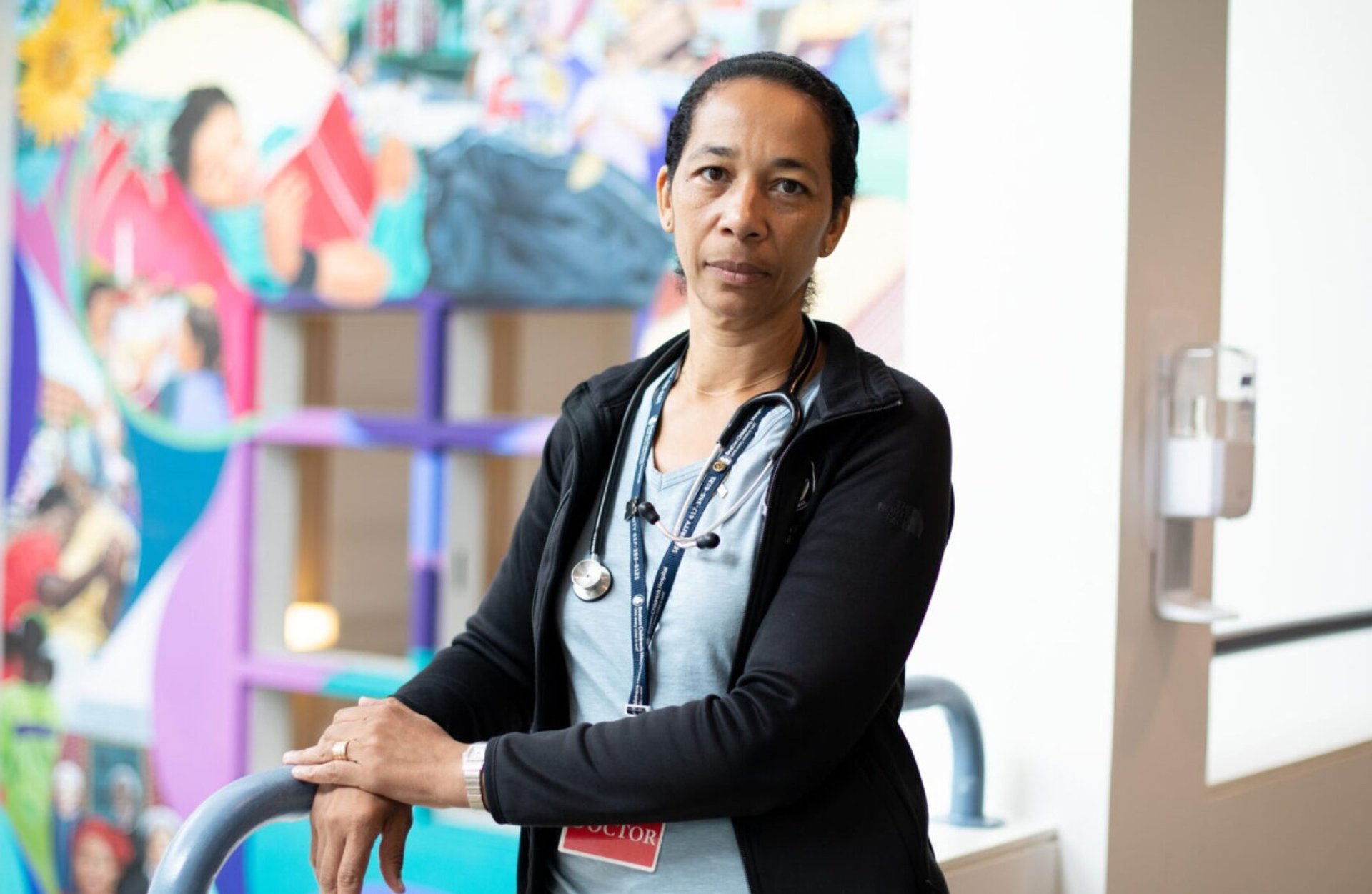
Shining a Light on “Embedded Bias”
In an unprecedented seven-part series, STAT News dives deep into the history and continued impact of race-based clinical equations.
Read more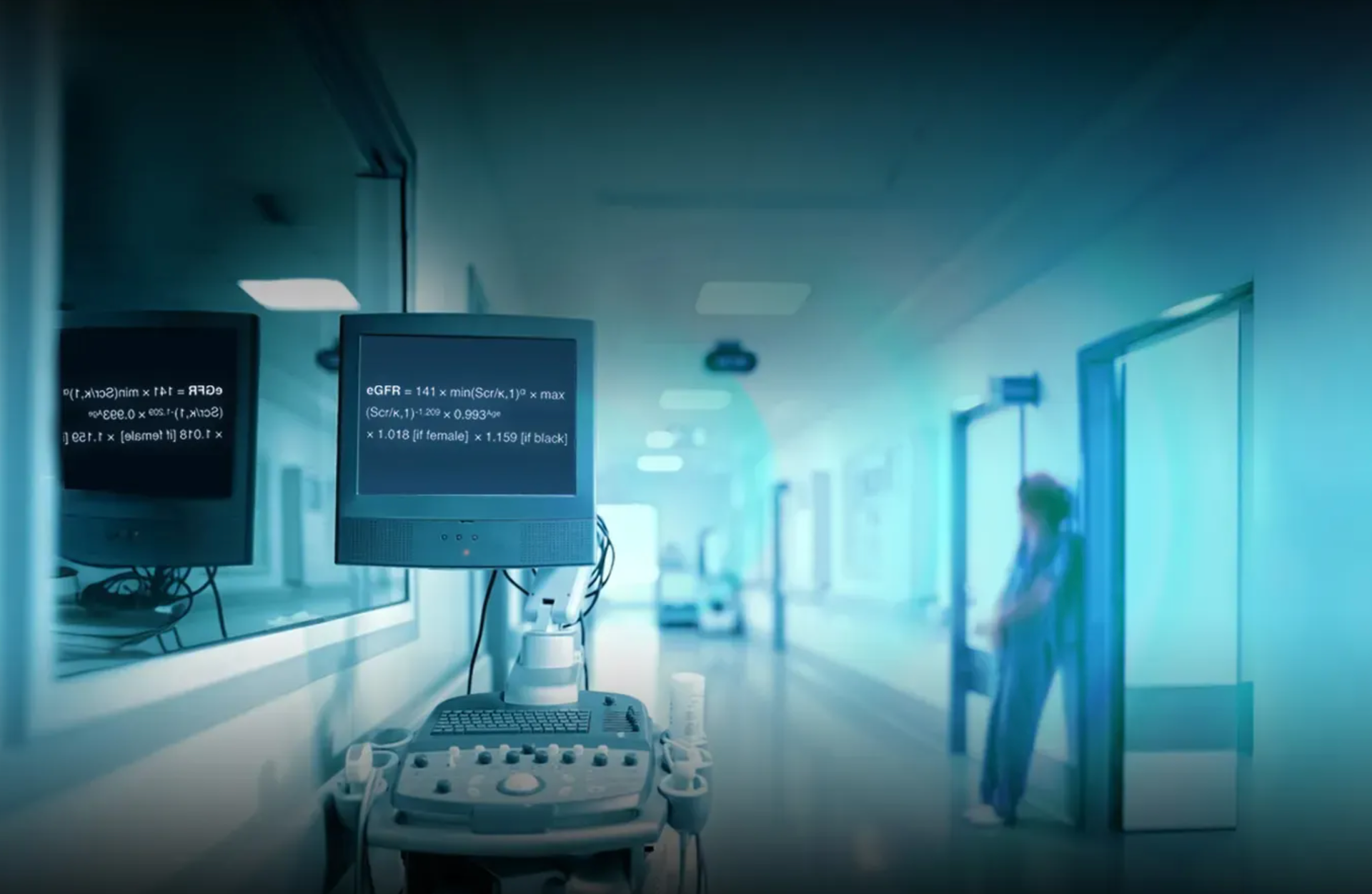
When Machines Prescribe
A new documentary by PBS’ NOVA illuminates how old medical algorithms, shaped by pseudoscience about racial difference, have harmed the health of Black patients.
Read more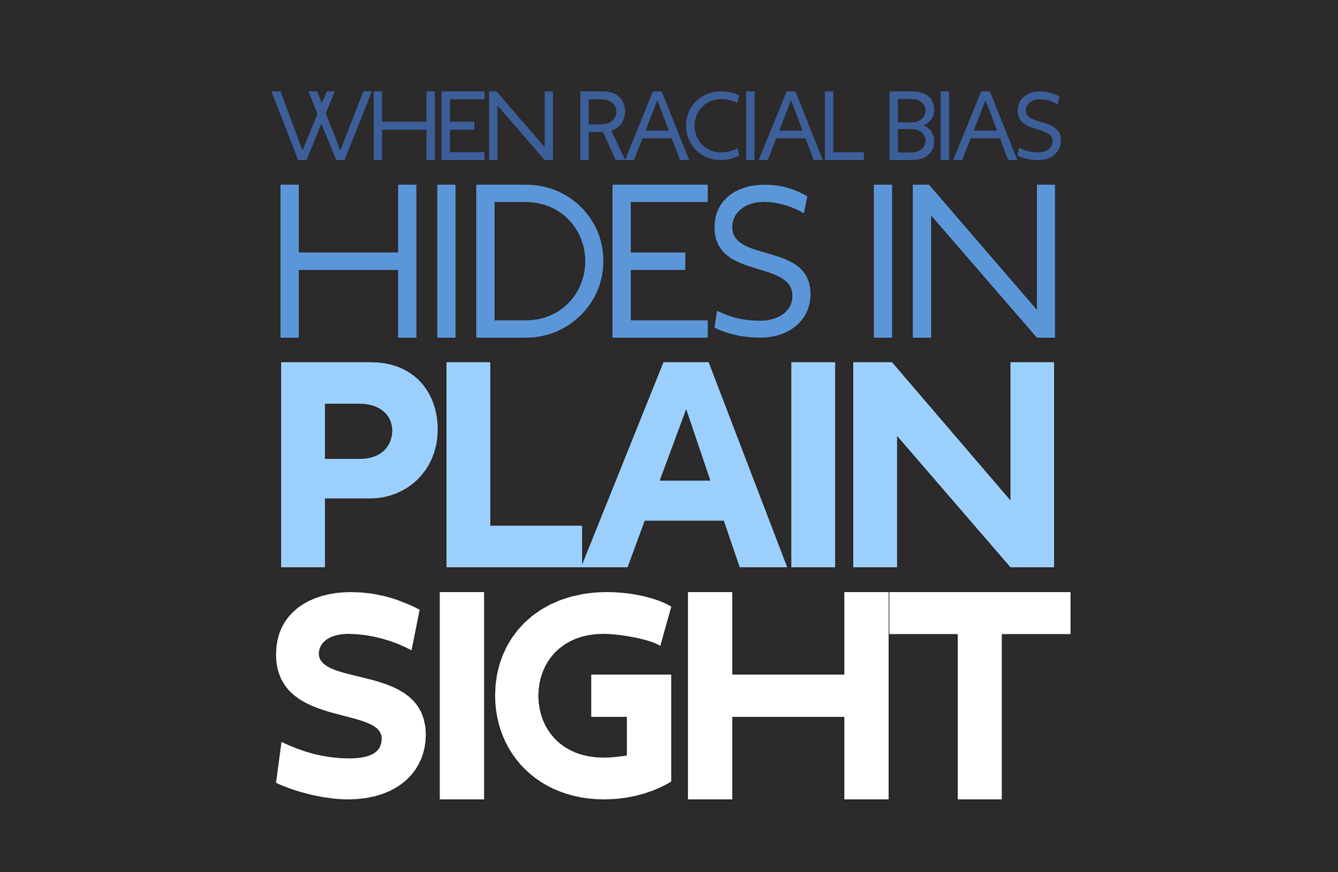
Hiding in Plain Sight
We’ve launched the first national coordinated effort to rethink the use of racially biased algorithms in medical research. But what are these algorithms exactly? How are they currently used? And by whom? This primer includes common terms, major players, real-life impact and additional resources.
Read moreWhat We’re Reading, Watching and Listening To
View allLearn more about our Medical Research Program.



